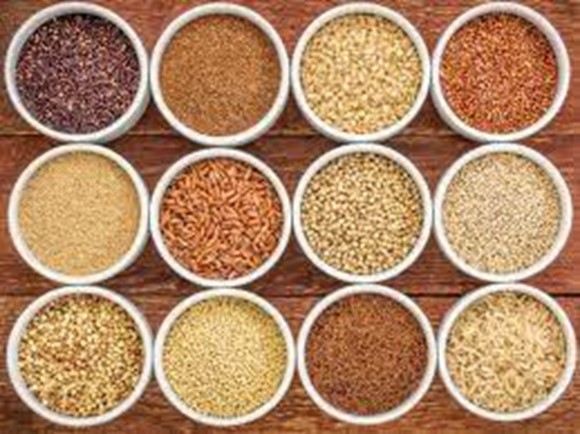A nurse is caring for a client who reports manifestations of gastroesophageal reflux disease (GERD). Which of the following client statements should the nurse identify as a contributing factor to GERD?
"I stopped drinking caffeinated beverages several weeks ago."
"I like to drink a glass of warm milk before bed to help me sleep."
"I have recently stopped drinking alcohol."
"I try to follow a low-fat, high-protein diet to help me maintain my weight."
The Correct Answer is B
Choice A rationale:
Stopping caffeinated beverages is a positive step in managing gastroesophageal reflux disease (GERD) as caffeine can exacerbate symptoms by relaxing the lower esophageal sphincter (LES). However, this choice is not the best-contributing factor to GERD among the options provided.
Choice B rationale:
Correct Choice. Drinking warm milk before bed is a contributing factor to GERD. Milk is slightly acidic and can increase gastric acid production, potentially leading to reflux symptoms. It is important for individuals with GERD to avoid foods or drinks that can relax the LES or increase gastric acid production.
Choice C rationale:
Stopping alcohol consumption is generally beneficial for managing GERD, as alcohol can relax the LES and increase stomach acid production. However, among the choices, this is not the most relevant contributing factor to GERD.
Choice D rationale:
Following a low-fat, high-protein diet is generally recommended for managing weight and promoting overall health. While it is beneficial for weight management, it is not a key contributing factor to GERD symptoms, especially when compared to other choices like drinking warm milk before bed.
Nursing Test Bank
Naxlex Comprehensive Predictor Exams
Related Questions
Correct Answer is B
Explanation
Choice A rationale:
Decreasing intake of omega-3 fatty acids would not be recommended for promoting cardiovascular health. Omega-3 fatty acids are essential fats that have been shown to have various heart-protective effects, such as reducing inflammation, lowering triglyceride levels, and improving overall cardiovascular health.
Choice B rationale:
Increasing the intake of whole grains is a sound recommendation for promoting cardiovascular health. Whole grains are rich in dietary fiber, vitamins, and minerals. They can help lower cholesterol levels, improve blood sugar control, and contribute to a healthy cardiovascular system.

Choice C rationale:
Decreasing the intake of potassium is not advisable for cardiovascular health. Potassium is a mineral that plays a crucial role in maintaining proper heart and muscle function. Adequate potassium intake can help regulate blood pressure and reduce the risk of stroke.
Choice D rationale:
Increasing the intake of refined carbohydrates is not a suitable recommendation for cardiovascular health. Refined carbohydrates, such as sugary snacks and white bread, can lead to spikes in blood sugar levels, weight gain, and an increased risk of heart disease.
Correct Answer is B
Explanation
The correct answer is choice B: Muscle weakness.
Choice A rationale:
Exaggerated reflexes are not typically associated with water intoxication. They can be a sign of other neurological conditions but not specifically related to the administration of hypotonic IV fluids.
Choice B rationale:
Muscle weakness is a symptom of water intoxication, which can occur due to the dilution of electrolytes, including sodium, in the body when a hypotonic solution is administered.
Choice C rationale:
Hypernatremia, or high levels of sodium in the blood, is the opposite of what occurs in water intoxication. Water intoxication leads to hyponatremia, which is a low sodium concentration in the blood.
Choice D rationale:
Weak pulses are not a direct indicator of water intoxication. While they can be associated with various conditions, they do not specifically point to water intoxication following the administration of a hypotonic IV fluid bolus.
Whether you are a student looking to ace your exams or a practicing nurse seeking to enhance your expertise , our nursing education contents will empower you with the confidence and competence to make a difference in the lives of patients and become a respected leader in the healthcare field.
Visit Naxlex, invest in your future and unlock endless possibilities with our unparalleled nursing education contents today
Report Wrong Answer on the Current Question
Do you disagree with the answer? If yes, what is your expected answer? Explain.
Kindly be descriptive with the issue you are facing.
